How can automation and digitization play a key role in transportation
As the maritime industry moves towards digitization and automation, it is important to understand not only their benefits but also their downsides and risks.
Here are answers to five key questions about transportation automation.
1.Why is automation and digitization so important in shipping?
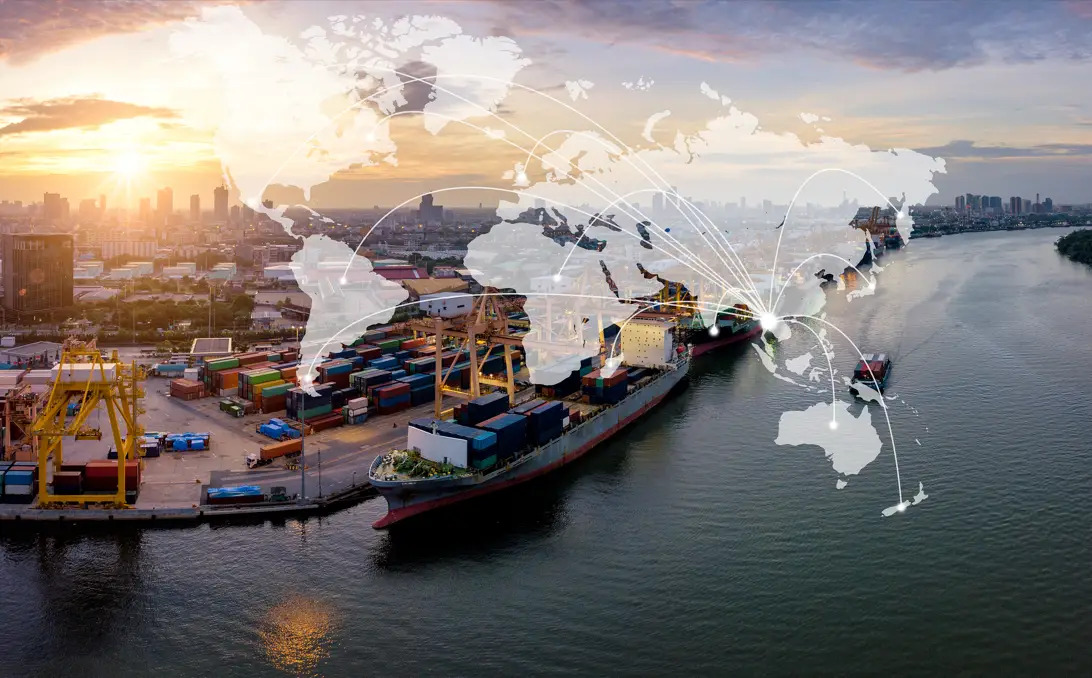
It is very important to reduce many very wasteful processes. Many ongoing manual tasks can be automated. The reason they should be automated is cost. If you can automate, then your costs will be lower. Some people argue that labor costs in some countries are so low that automation isn’t worth it. Well, not really.
First of all, it’s probably true now. But wages do rise over time. Look at the whole wave of migration to China. The natural consequence is that wages will rise over time, and that will force you down the path of automation anyway.
Second, when you start automating, you greatly reduce the number of mistakes you make along the way. There may still be errors when you get the initial input, but at least you won’t make more mistakes as you go along. From the time someone decides they need a container to the time it is delivered to the other end, you can easily have 40, 50, or 60 different people involved in the chain. The more manual processes there are, the longer it will take for data to be distorted and problems to arise. It’s a crazy waste.
2.Is this a long overdue process?

It should have been implemented a long time ago, but it hasn’t been implemented because the industry itself is stupid. We need to consider the context in which the industry is developing. If you look back to the mid-2000s, even though the technology was there, we hadn’t started to standardize and automate, and this is a good example of that.
Unlike other shipping industries, container shipping is a very new industry. As with every industry, you always have this early phase of rapid growth. That’s what we go through as well. When you’re in the early rapid growth phase, the companies that are going to be successful are the ones that are going to be able to grow quickly with the market.
Since this market is global, if you look at how many container liner companies are operating over this period, they are quite fragmented. Some of the key decisions are made at their head office, but then you usually get local organizations to do something. So that also attracts a lot of entrepreneurial types into the industry.
Let’s say we started a liner shipping company in the early 1980s based on lean ideas. It would have been a total failure because you said “We need these processes and all these countries” and the market would have grown 20 percent before you put those processes in place. You’re going to grow so far behind your competitors, you’re going to lose your way. Such early growth stages are simply not conducive to a process-driven company. It favors relatively decentralized and fragmented companies. This explains why we weren’t good at dealing with process management until the early 2000s.
For me, automation and digitization are essential to survival. Without them, you will lose costs. If I were the first shipping company to go digital and automate, my costs would go down and everyone would still be facing high costs, which would be fine for a short period. But if I can automate and digitize, then so can everyone else. So, over time, the entire industry will return to the same baseline. Those who don’t will die, they will go out of business. That’s why I say it’s necessary. That said, it’s a temporary advantage that will soon be gone. So what race am I going to enter?
The only way you’re going to survive is to make sure you’re competing for something else, such as exception handling/customer service. That’s what you can do with up selling. What can’t be automated has to be a competitive advantage for the shipping company. Because otherwise, it’s not selling goods, and that’s not necessarily a good place to be. If you do have lower costs than other people, that’s probably fine. But if you look at the market, that’s not likely to be the case with any one carrier.
3.How do freight forwarders get involved in all this?
It’s going to be a lot more interesting for freight forwarders. I tend to think of freight forwarding as a range. On the one hand, for example, I have a very pure NVO who only books 500 slots on the carrier CY/CY and then sells one slot at a time CY/CY and nothing more, no value at all. It’s the easiest thing you can do. On the other hand, for example, someone is responsible for picking, packing, and handling the entire supply chain, thus presenting a huge amount of complexity. Automation won’t make much of an impact on this part because these are very complex things that are hard to automate.
A key part is digitizing and automating the large number of manual processes involved that don’t necessarily produce a lot of value. A lot of these things can, should, and will be digitized and automated. That leaves an interesting battleground.
Some will lose heavily and cease to exist, while others will find the right sweet spot and flourish. How many freight forwarders are there in the world today? Ten thousand? 20,000? 50,000? That’s a lot. Then, that might be concentrated to a few thousand, but there will still be plenty of room for players there because you’ll have small out port locations that will never be commoditized to that extent.
4.Do you think automation alone will improve efficiency?
Or are there other potential problems standing in the way?
Automation alone is a bit like when we buy an IT system and put it in, and then we become more productive. By and large, this approach tends to fail. Again, if you just install automation without changing the workflow, you’re getting nowhere. There must be an element of process change.Not only in the process you automate but in all the processes it links to for input and output. Otherwise, you’ll get nowhere.
Even so, sometimes you need to look elsewhere. For example, if you look at fully automated container terminals, there are now five fully automated in the world. There are no people there at all, they’re all just robots. Does it become more efficient? Well, it depends on how you define efficiency.
A lot of automated container terminals are built in places where labor costs are high. So part of the efficiency is that robots are cheaper than people. Well, that’s efficiency. But can you maneuver a boat faster? The loading and unloading time of a ship at a fully automated dock is the same as a manual dock. So you’re not adding capacity. What you’re doing is introducing a more stable environment where you’re more certain it takes a certain amount of time to handle a ship. But it’s not necessarily faster. Automation by itself won’t necessarily lead to greater efficiency, but it will create a more stable environment.
5.Which aspects (ports, shipping routes, customs, etc.) are currently most capable of adapting to technology?
The part that fits best – because for many carriers, you’re already at 90% fitness – is in electronic reservations, electronic shipping instructions, and things like that. You could say this is the best because it’s the furthest. It’s been here for almost 20 years. Some carriers have 98 or 99 percent. But some still drop to 0%. So if those who are at 0% choose to do that, they can go up very, very quickly. But why wouldn’t they choose to do that? Some of them don’t have the back office system to deal with it, and some don’t have the mentality. Some have a high level of influence with customers and they say we don’t want this. So that’s one aspect of it.
The other thing that works best for it is the pre-booking part: the sales Angle. If you know nothing about the industry and know nothing about it, it can seem very strange that the process is manual. Why isn’t that already online and automated? From a technical point of view, there is absolutely nothing to stop it. We’ve seen this happen in many other industries, for obvious reasons. The main barriers to leverage are not only process-related but also mindset, such as the liner transport scale. There are still huge concerns about something as simple as price transparency. That concern is not always well-founded. It’s a bit like if no one knows my price, I can haggle, like the horse market in the 17th century. You don’t want people to know what you’re saying.
Now that’s the poor reason. The good reason is that the contract is unenforceable. If I display my price online, what can stop others from booking at that price? Then, if he gets a better deal elsewhere, he will forget about that one and book the lower one. As a result, people are worried about going up against each other, so the enforceability of the contract also becomes a key factor in making this happen.
The final aspect to be addressed is the actual bill of lading. This is not to say that it is not important, because it is very important. There is nothing wrong with the ocean bill of lading, but there is something wrong with the actual bill of lading. Part of the reason is that there are so many different stakeholders involved, and not all of them are interested in seeing their role disappear.
Second, it’s also important that it’s legitimate. We have 140 years of legal priority to explain all these weird things behind BL, which is weird. “In the case of a restricted prince, for example, you’re not protected.” Literally. Bind the vassals? Well, it’s back to a world where you might have a local prince, for example, who might impound your ship.
In this business, you don’t have a choice. If you book according to the terms of the bill of lading, that’s it. The reason no one wants to change the terms of the bill of lading is precisely because you have 140 years of legal priority. So all the lawyers know exactly what is going to happen as a result now. But if you suddenly change anything on the bill of lading, you don’t know. So if the matter goes to court, it’s anyone’s guess how it will be interpreted. Bills of lading have the effect of a set of laws and rules that apply to almost every country in the world. Achieving this used to be very, very difficult. So while the bill of lading may be the most reinvented thing, it may also be the last thing that needs to be reinvented because it’s so complicated to do.
Dantful uses automation and digitalization to help you save money while in transit and keep your cargo safe.



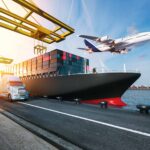
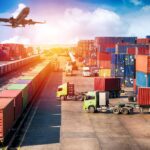

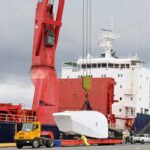
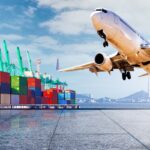



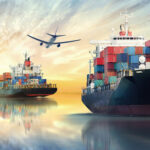
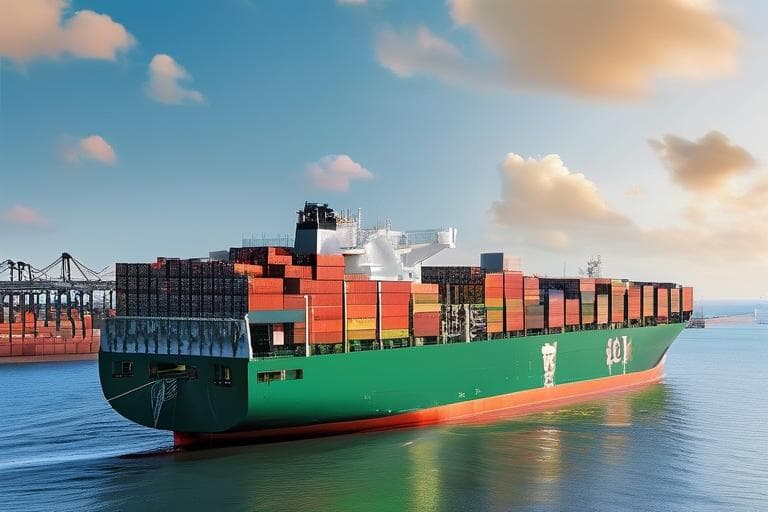
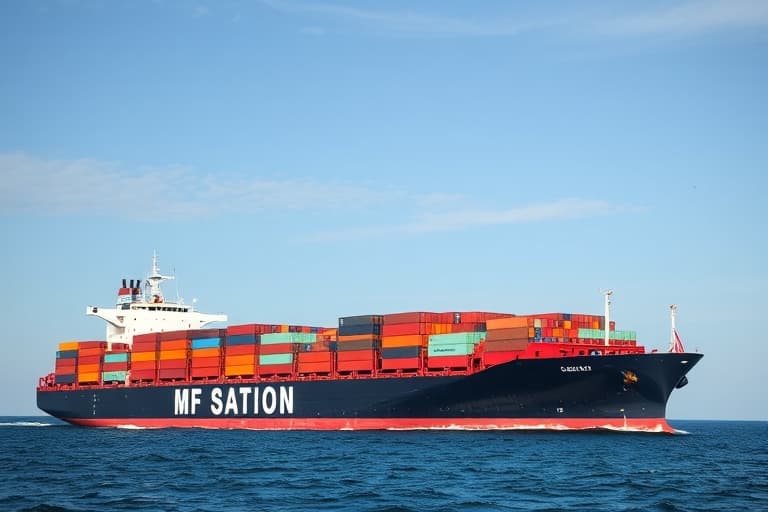
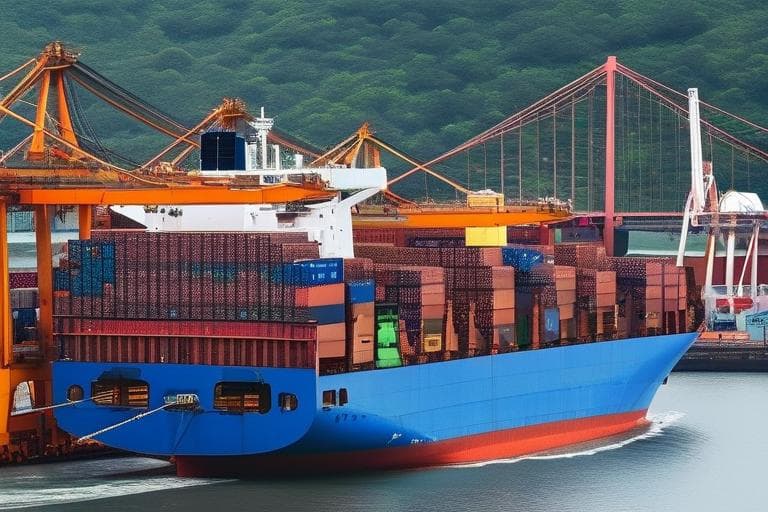
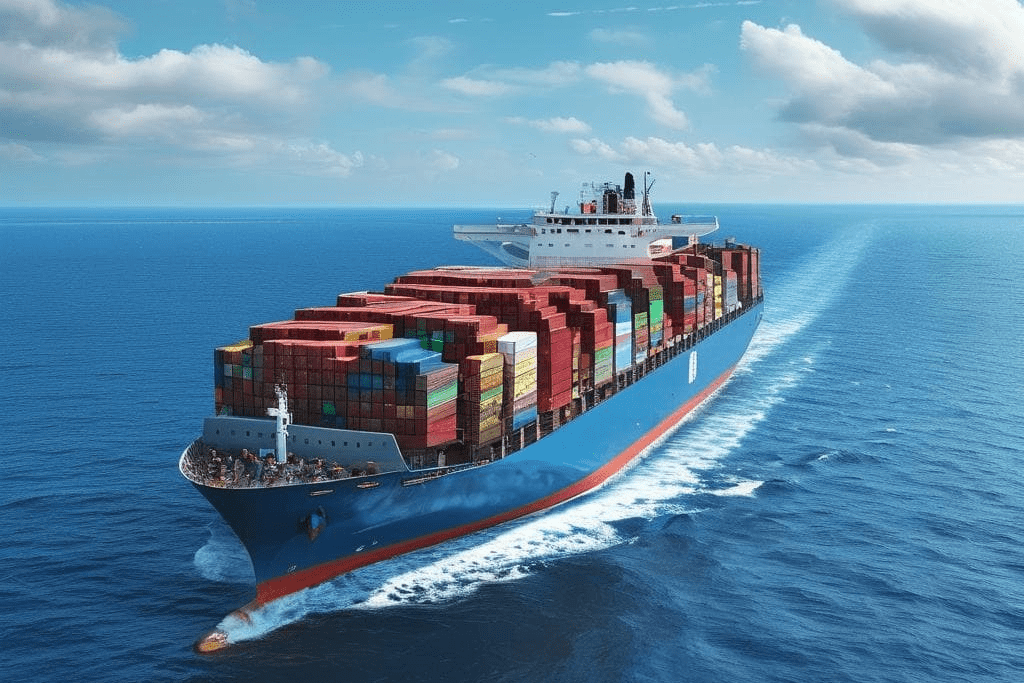
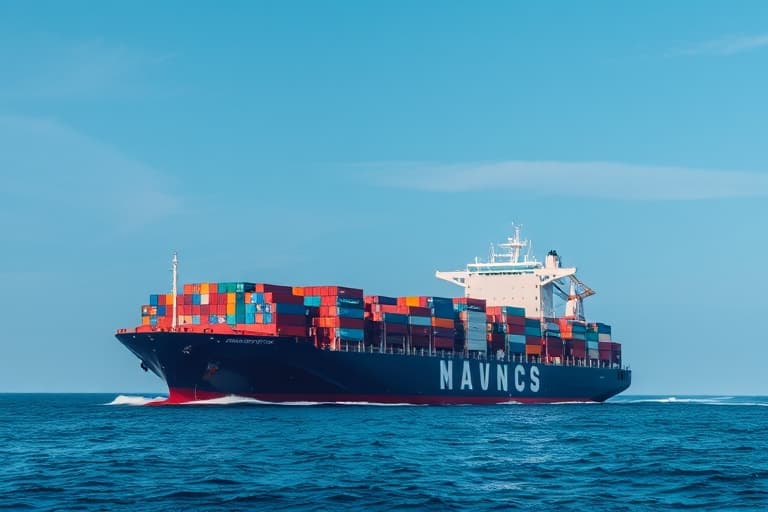





 Afrikaans
Afrikaans Shqip
Shqip አማርኛ
አማርኛ العربية
العربية Հայերեն
Հայերեն Azərbaycan dili
Azərbaycan dili Euskara
Euskara Беларуская мова
Беларуская мова বাংলা
বাংলা Bosanski
Bosanski Български
Български Català
Català Cebuano
Cebuano Chichewa
Chichewa 简体中文
简体中文 繁體中文
繁體中文 Corsu
Corsu Hrvatski
Hrvatski Čeština
Čeština Dansk
Dansk Nederlands
Nederlands English
English Esperanto
Esperanto Eesti
Eesti Filipino
Filipino Suomi
Suomi Français
Français Galego
Galego ქართული
ქართული Deutsch
Deutsch Ελληνικά
Ελληνικά Kreyol ayisyen
Kreyol ayisyen Harshen Hausa
Harshen Hausa Ōlelo Hawaiʻi
Ōlelo Hawaiʻi עִבְרִית
עִבְרִית हिन्दी
हिन्दी Hmong
Hmong Magyar
Magyar Íslenska
Íslenska Igbo
Igbo Bahasa Indonesia
Bahasa Indonesia Gaeilge
Gaeilge Italiano
Italiano 日本語
日本語 Basa Jawa
Basa Jawa ಕನ್ನಡ
ಕನ್ನಡ Қазақ тілі
Қазақ тілі ភាសាខ្មែរ
ភាសាខ្មែរ 한국어
한국어 كوردی
كوردی Кыргызча
Кыргызча ພາສາລາວ
ພາສາລາວ Latin
Latin Latviešu valoda
Latviešu valoda Lietuvių kalba
Lietuvių kalba Lëtzebuergesch
Lëtzebuergesch Македонски јазик
Македонски јазик Malagasy
Malagasy Bahasa Melayu
Bahasa Melayu മലയാളം
മലയാളം Maltese
Maltese Te Reo Māori
Te Reo Māori मराठी
मराठी Монгол
Монгол ဗမာစာ
ဗမာစာ नेपाली
नेपाली Norsk bokmål
Norsk bokmål پښتو
پښتو فارسی
فارسی Polski
Polski Português
Português ਪੰਜਾਬੀ
ਪੰਜਾਬੀ Română
Română Русский
Русский Samoan
Samoan Gàidhlig
Gàidhlig Српски језик
Српски језик Sesotho
Sesotho Shona
Shona سنڌي
سنڌي සිංහල
සිංහල Slovenčina
Slovenčina Slovenščina
Slovenščina Afsoomaali
Afsoomaali Español
Español Basa Sunda
Basa Sunda Kiswahili
Kiswahili Svenska
Svenska Тоҷикӣ
Тоҷикӣ தமிழ்
தமிழ் తెలుగు
తెలుగు ไทย
ไทย Türkçe
Türkçe Українська
Українська اردو
اردو O‘zbekcha
O‘zbekcha Tiếng Việt
Tiếng Việt Cymraeg
Cymraeg יידיש
יידיש Yorùbá
Yorùbá Zulu
Zulu